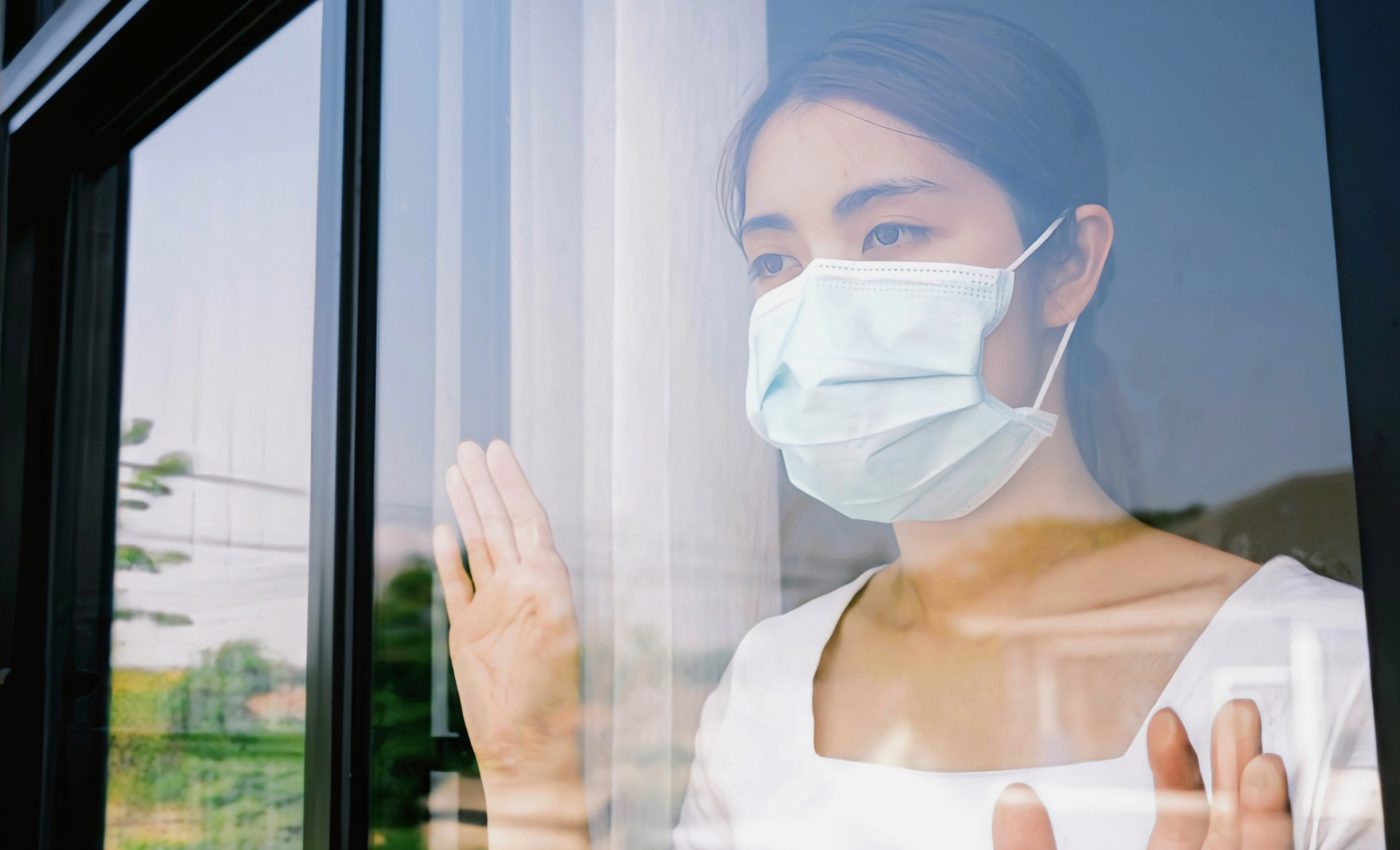
COVID-19 lockdowns weakened our immune systems
The COVID-19 pandemic reshaped the world in many ways, from how we interact socially to how we approach public health. Among these changes, the pandemic’s lockdowns had a profound impact on human immune systems, according to a recent study from Radboud University Medical Center.
The research sheds light on how the pandemic’s restrictions influenced immune responses to microorganisms.
Immune responses during lockdown
The study examined inflammation levels and immune reactions in both healthy individuals and people living with HIV during and after the lockdown period.
The researchers found that while inflammation biomarkers in the blood were low during lockdown, immune cells reacted more intensely to viruses and bacteria afterward.
This stronger immune response persisted in both groups, highlighting the profound effects of lockdown measures on the body’s immune system.
The hygiene hypothesis
Professor Mihai Netea, a leading researcher in this study, attributes these changes to the hygiene hypothesis.
This hypothesis suggests that regular exposure to microorganisms is essential for training the immune system. Without this constant interaction, the immune system may overreact when re-exposed to pathogens.
“In our daily lives, we are constantly exposed to various micro-organisms. This helps train our immune system, teaching it to recognize which microorganisms are dangerous and which are harmless,“ Netea explained.
“During the lockdown, we missed that interaction because everyone stayed home and avoided each other. As a result, during and immediately after the lockdown periods, immune cells exposed to micro-organisms displayed a less well-regulated response, predisposing to hyperinflammation.”
Immune responses before vs after lockdown
This research stemmed from a large-scale study on individuals with HIV, conducted by Radboudumc and three other HIV treatment centers in the Netherlands.
Recruitment spanned from October 2019 to October 2021, encompassing the pandemic’s onset and subsequent phases. A total of 1,895 participants with HIV were categorized into four distinct groups:
- Pre-pandemic cohort: 368 individuals enrolled before the pandemic.
- Post-lockdown, pre-vaccine/infection cohort: 851 individuals.
- COVID-19 infected cohort: 175 individuals.
- Vaccinated cohort: 404 individuals.
The researchers measured inflammation levels in participants’ blood and examined the responses of isolated immune cells to viruses and bacteria. To validate these findings, they conducted similar tests on 30 healthy individuals during and after the lockdown.
“The results of this study primarily reflect people living with HIV, but we also examined a healthy control group. We saw similar results in this group, suggesting the effects may apply to the wider population. However, more research is needed for this group,” noted Professor Andre van der Ven.
Lockdowns vs. vaccines
While vaccines and COVID-19 infections did influence immune responses, these effects were relatively minor compared to the impact of lockdowns.
The prolonged reduction in social interactions significantly altered immune behavior – a phenomenon that was observed regardless of HIV status.
“Lockdowns were necessary during the pandemic, especially at the beginning. However, it is important that we gain more insight into how social interactions affect and activate our immune system, so we can better manage the consequences,” said Professor Netea.
“This way, we can apply such drastic social measures effectively and safely in a future pandemic.”
Implications and future directions
The findings highlight the delicate balance required when implementing public health measures. While lockdowns are crucial during pandemics to curb the spread of disease, they may have unintended consequences on immune system functioning.
The hygiene hypothesis offers a potential explanation, suggesting that a lack of exposure to everyday microorganisms can lead to an overactive immune response when such exposure resumes.
Future research is needed to further explore the long-term implications of reduced microbial exposure and its link to inflammatory diseases.
Additionally, exploring how vaccines and other preventive measures can mitigate these effects will be crucial for planning responses to future pandemics.
Lockdowns impacted immunity
The study conducted by Radboud University Medical Center highlights an important but underappreciated effect of pandemic lockdowns: their significant influence on how our immune system functions.
Lockdowns reduced everyday exposure to microorganisms, which is essential for maintaining a well-balanced and properly trained immune system. This lack of exposure may have caused immune cells to overreact when reintroduced to viruses and bacteria after the lockdowns.
As the global community moves forward, it becomes crucial to understand how reduced social interactions and environmental exposure can affect immune health. This knowledge is key to improving strategies for managing public health crises in the future.
By applying these insights, governments and health organizations can develop more balanced interventions that effectively control disease spread while minimizing unintended long-term impacts on immunity.
The study is published in the journal Frontiers of Immunology.
—–
Like what you read? Subscribe to our newsletter for engaging articles, exclusive content, and the latest updates.
Check us out on EarthSnap, a free app brought to you by Eric Ralls and Earth.com.
—–













